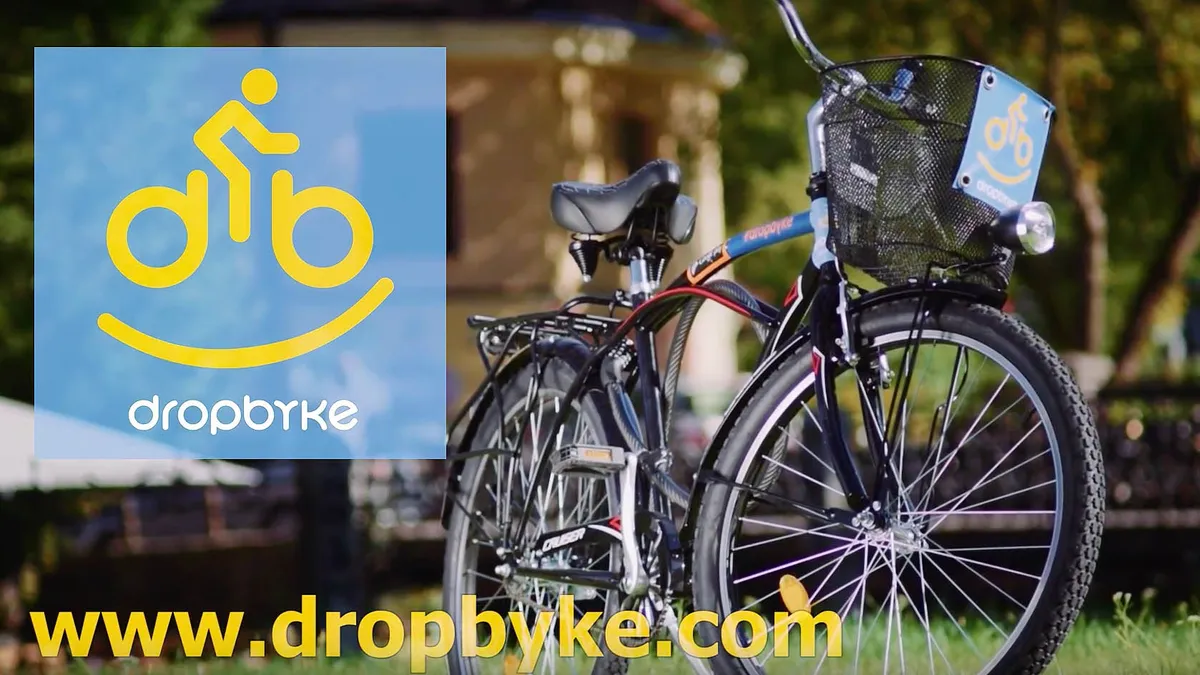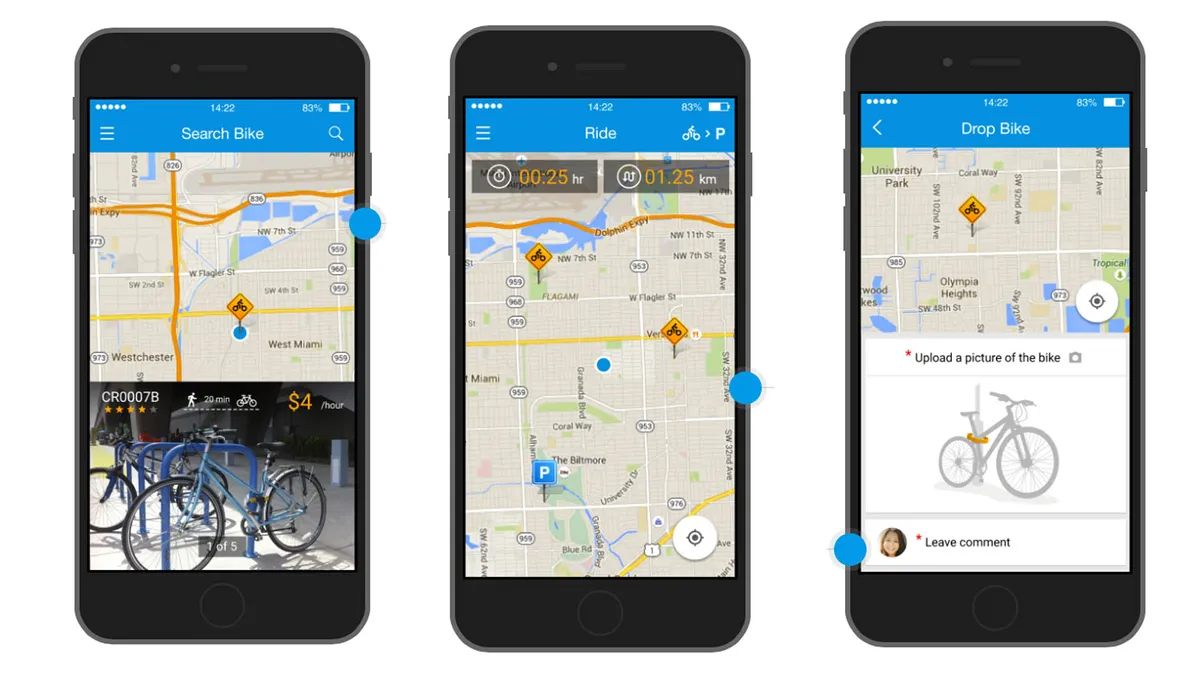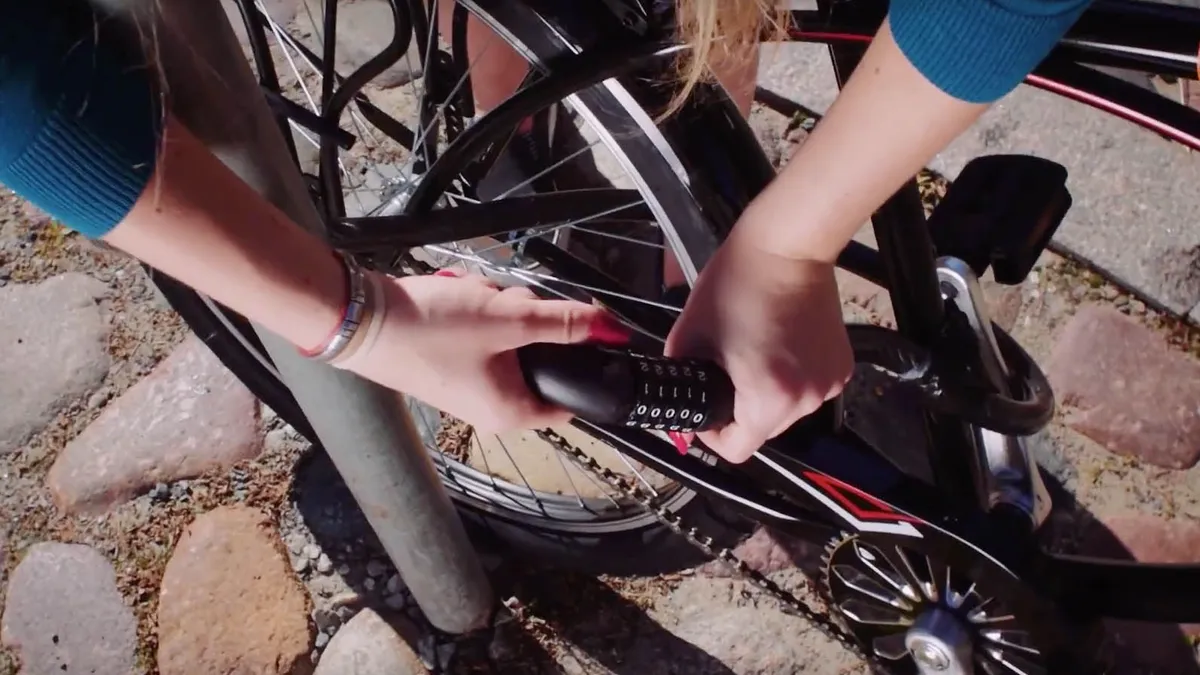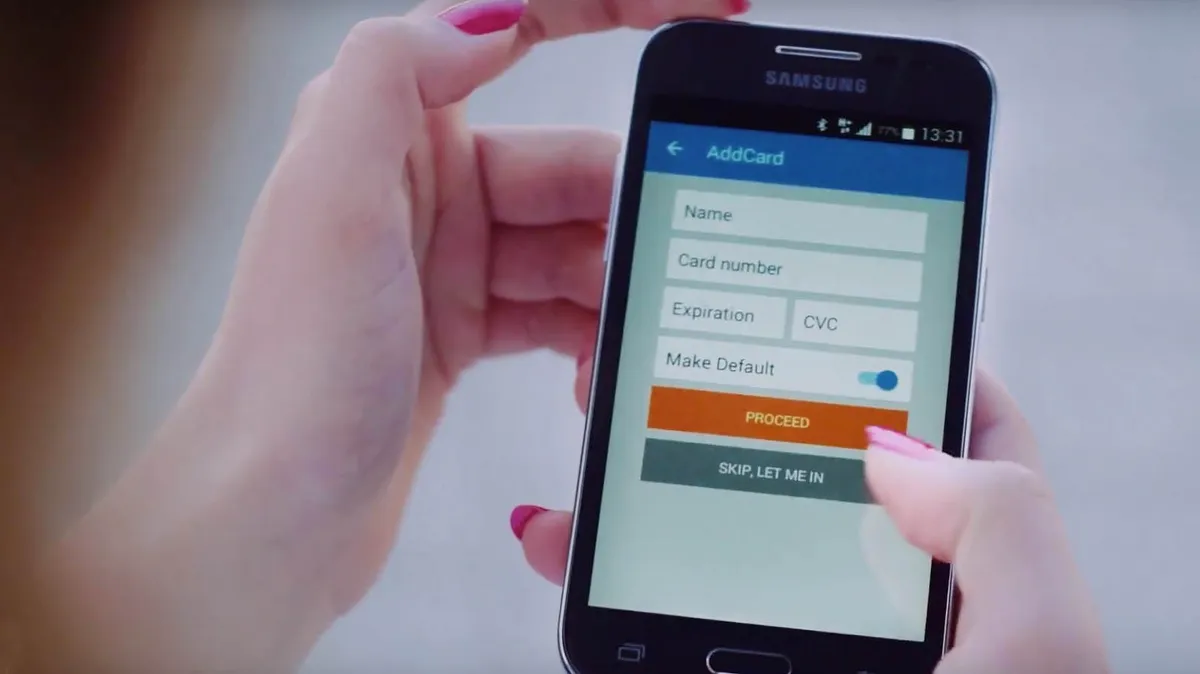Move aside Santander Cycles, make way Citi Bike NYC, there's a new way to rent a bike in town. Introducing Dropbyke, a mobile app-based system that allows you to pick up and drop off a bike wherever you fancy, without the eternal search for a docking station with space.
Cycling is the perfect way to get around a city. It's quick, clean, safe, doesn't require fuel, is inexpensive and accessible. In fact, the only barrier is actually owning a bike. Urban cycle hire schemes were introduced to alleviate this need, allowing everyone from tourists to commuters an easier way about town. However, there are some problems with these schemes, and the creators of Dropbyke think their concept provides an alternative solution.
What is Dropbyke?
The concept is a familiar one: a fleet of hire bikes available for general use across the city.
Where Dropbyke differs from the large-scale cycle hire schemes in cities like Paris, London and New York is that it doesn’t require the extensive infrastructure of docking stations, pay points and transportation of bikes between them.
Related: Urban routefinder BeeLine will add navigation to your bike for peanuts
Instead, users sign up online, and download an iOS or Android app that tells them which fleet bikes are nearby, where they're located and and a rental rate. If they select a bike, it gives them the access code for the lock it's secured with. Once the user is finished with the bike, they lock it up outside, take a picture of the bike for the next user, log its location on the app, add any notes about it and rate the experience.
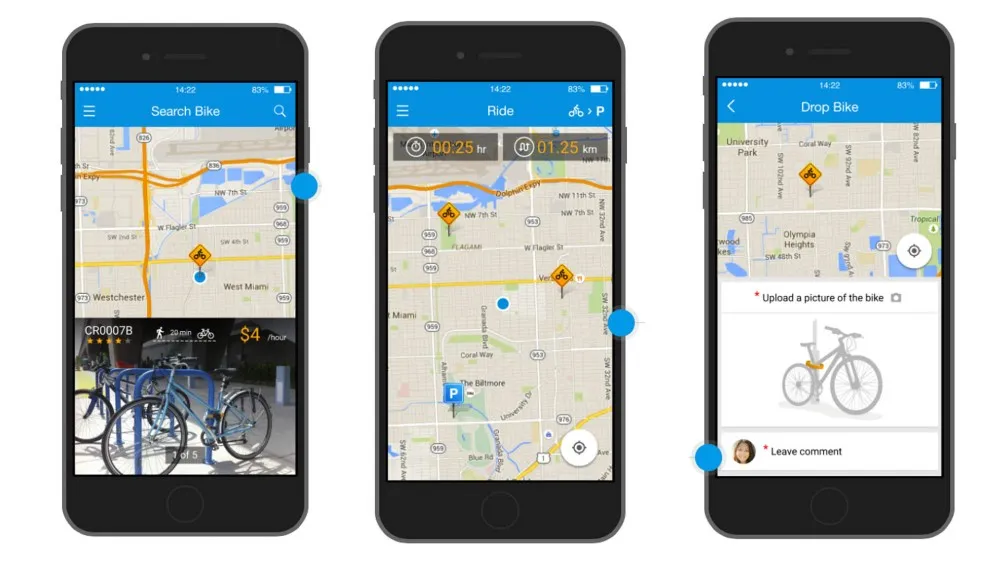
Dropbyke is based around a smartphone app
This process drastically reduces the running costs, according to Dropbyke's creators.
“Less than one percent of the global urban population has access to public bikes,” Dropbyke's Lithuanian co-founder Alexander Shvetsov told BikeRadar, “and most small and medium-sized towns simply can’t afford the capital-intensive technology of existing systems.”
Shvetsov and his partners Julius Gurevicius, Alexander Petrov, Gerrit Jan Schaeffer and Laurynas Zavadskis believe Dropbyke could be the answer.
null
Where did the idea come from?
The idea for a cycle hire scheme that runs via a phone app came to Shvetsov and Gurevicius during a business degree they were both enrolled on. Studying startups, and both being big cycling fans, they spotted an obvious gap in the market.
“We believe biking is the most efficient method of urban transpiration,” said Shvetsov. “But it’s only available in the downtown areas of the biggest cities due to limits of docking-station-based technology. Based on existing tech, we see an opportunity to build a business model that can help to spread public biking around the world.”
Dropbyke in action
Dropbyke isn’t just a concept though. In July 2015 the scheme was set up in Vilnius, the capital city of Lithuania (population just over 500,000), and has been running smoothly ever since, at a rate of €1 per hour, alongside a more traditional station-based system.
The company runs its own fleet of city-style bikes, provided by local partner Baltik Vairas, a Lithuanian bicycle manufacturer. The software platform and promotion comes directly from the Dropbyke team.
After the first three months, the 30 bikes in the scheme reached more than 2,000 users, about 30 percent of the number of users of the existing system.
Based on these initial successes, the Dropbyke team intend to expand, and the app-based system has, they say, already attracted the attention of other cities worldwide.
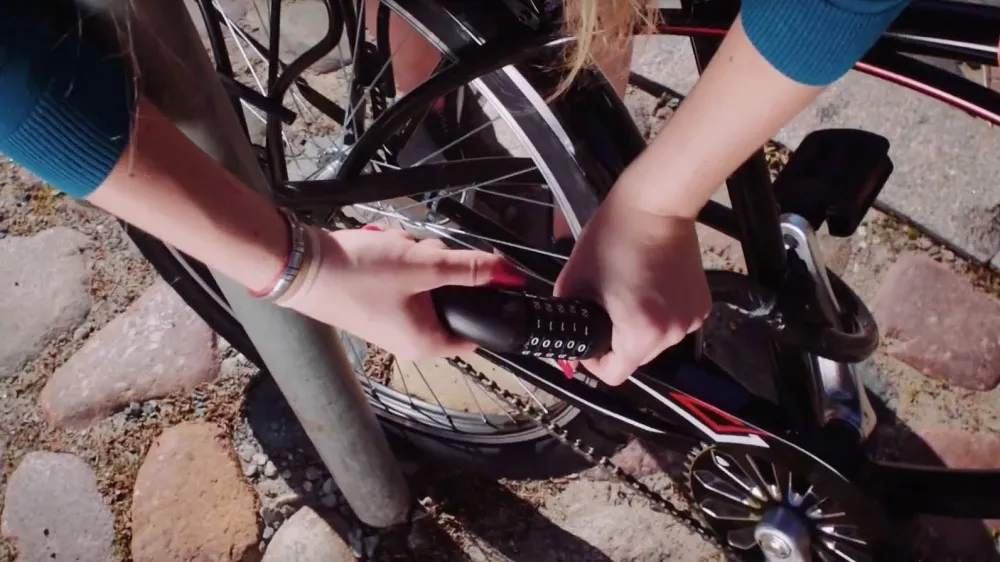
The Dropbyke bikes can be locked up anywhere in the city, and don't require an expensive docking station
“Our business model is focused on scalability. It requires close collaboration with local partners during the next phase. The platform leverages under-utilised bike rental assets and gives those buisneses new growth,” said Shvetsov.
“Over the last six months we’ve received more than 20 requests to launch Dropbyke in other European cities. What’s more, we’ve already reached preliminary agreements with local authorities or local bike rental companies in seven of those cities, including Berlin and Maastricht.”
As for the risk of bike theft, that’s a question Shvetsov (for now at least) takes pride in answering. “No bikes were stolen in Vilnius during our first season!” he told us. “We solved the bike security without special hardware, instead basing it on customization of the fleet, marking and management.”
The plans for the future aren't limited to simple expansion, though that is of course the next step. The team are also working on developing branded bikes with bike-manufacturer partner Baltik Vairas, and developing an integrated lock with insurance firm AXA.
If successful, you could find yourself downloading the location of your nearest Dropbyke next time you take a city-break to continental Europe.
